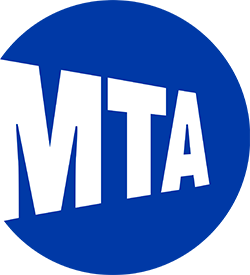The vast majority of workers heal and return to work at their same job after a workers’ compensation claim. Many do it without incident.
Yet, for some employees, the process of returning to work can be quite a bit more complex.
Start by Reviewing the Return to Work Policy
In New York, every employer should have a written return-to-work policy in place. This policy will govern the way your return to work plays out.
Always inform the workers’ compensation insurance company when you return to work. If the insurer continues to send you checks as if you’re fully out of work, you should return those checks to the insurer.
If you can only work part-time or otherwise fall short of what you used to make, you may be eligible for benefits to help you address the gap between your old and current wages. In addition, if you miss additional days seeking treatment, you can still receive benefits for those days.
Your Rights When Your Employer and Doctor Disagree
Many employers want their employees to return to work before the doctor says they are ready.
But in New York, you have the right to refuse to return to work if the doctor hasn’t cleared you to go. If the employer tries to force you to return to work, you can file a complaint with the New York State Workers’ Compensation Board. Employers often attempt to do this by threatening to fire or demote you or by attempting to make you feel guilty.
Of course, your employer is not obligated to hold your position once your FMLA and sick time benefits run out. They may just hire someone else. But by attempting to force you back to work, the employer is violating your workers’ compensation rights. Your employer is obligated to provide you with a safe medical environment.
Your Rights When You Have Medical Restrictions
If you have medical restrictions, you should provide your employer with a copy of that report. If your employer pressures you to ignore those restrictions or keeps assigning work that would require you to violate those restrictions, you can make a complaint to the New York Board of Workers’ Compensation.
Employers may even try to create a hostile work environment for you, give you poor performance reviews for refusing to violate medical restrictions, or threaten to fire or demote you to force you off light duty.
If you don’t have an attorney yet, now would be the time to acquire one.
Your Rights When Returning to Work Makes Your Condition Worse
You have the right to medical care for your worsening condition. It should be covered by workers’ compensation as long as you haven’t signed a final settlement agreement.
If the worsening condition makes it impossible for you to work, be sure to get documentation of that fact from your doctor.
Get Help Today
You should document every interaction with your employer once you start a workers’ compensation claim, and you should get any promises, threats, or agreements in writing. Never sign any documents you don’t understand or agree with, and never quit your job unless you’re ready to move on to a new one.
You have rights. Our law firm will help you protect them. If you’ve been injured on the job and feel like your employer is trying to violate those rights, reach out to our office to schedule a case review today.
See also:
What Happens to Overtime Pay in a New York Workers’ Compensation Case?
How Can I Prove My Injury Happened at My New York Workplace?
Steps to Take After Getting Injured on the Job in New York



